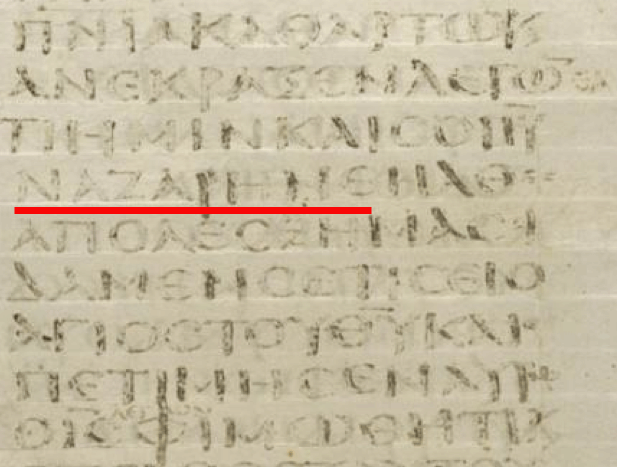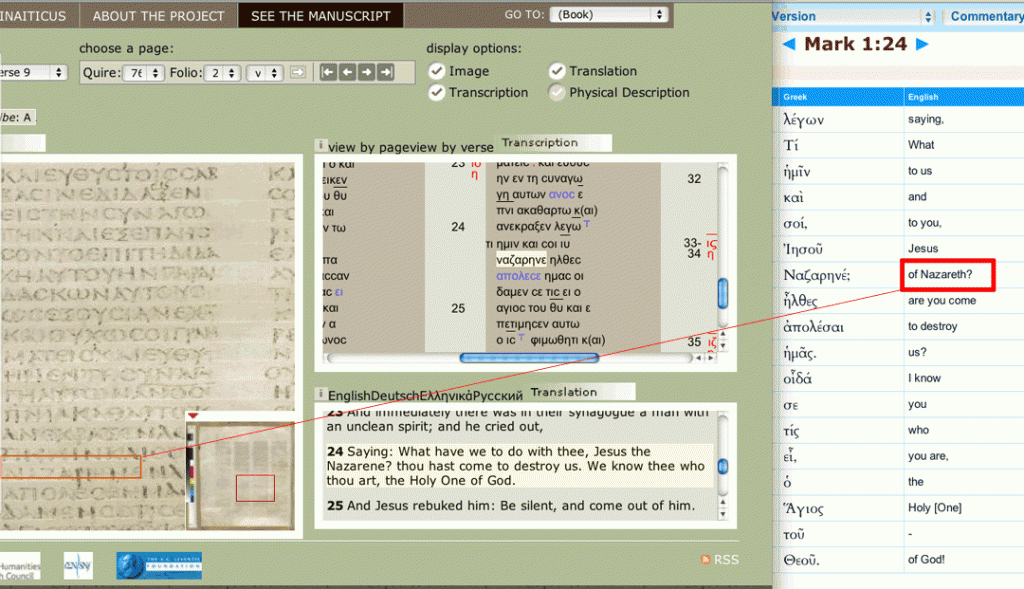...what a nightmare
JW:
Continuing to looking for evidence of fiction with the third criterion of likelihood:
1) Likelihood
- 1 - The extent of the impossible
2 - The extent of contradictions
3 - The extent of the improbable
For our test pericope here, Mark 1:9-11, what is the extent of the improbable.
Nota Benny = The extent of the improbable is an underrated criterion. Apologists tend to convert it into a possible/impossible context and conclude that since it's possible, improbable has no evidential weight (strawman). If on the other side, the evidence for history is relatively weak, which it is here, and there is little to contradict improbability with other criteria, than improbability is even a stronger criterion. That being said:
Mark 1:9-11 [The Baptism of Jesus]
1:9 And it came to pass in those days, that Jesus came from Nazareth of Galilee, and was baptized of John in the Jordan.
10 And straightway coming up out of the water, he saw the heavens rent asunder, and the Spirit as a dove descending upon him:
11 And a voice came out of the heavens, Thou art my beloved Son, in thee I am well pleased.
JW:
As we have already determined that verses 10 and 11 are fiction due to the extent of the impossible, there is no need to test them for improbability. That leaves verse 9.
The main points of verse 9 in order of significance:
- 1) Jesus is baptized.
2) Jesus is baptized by John.
3) Jesus is baptized in the Jordan.
4) Jesus came from Nazareth of Galilee to the baptism.
1)
Jesus is baptized. Most people of "Mark's" Jesus' time were not baptized. So only considering this general observation, it is more likely that Jesus was not baptized since most people of his time were not.
2)
Jesus is baptized by John. "Mark" appears to have written the original baptism story and the only related outside the Christian Bible information is from Josephus:
Josephus A Baptism of Purification Antiquities 18.5.2 116-119
Now some of the Jews thought that the destruction of Herod's army came from God, and was a very just punishment for what he did against John called the baptist [the dipper]. For Herod had him killed, although he was a good man and had urged the Jews to exert themselves to virtue, both as to justice toward one another and reverence towards God, and having done so join together in washing. For immersion in water, it was clear to him, could not be used for the forgiveness of sins, but as a sanctification of the body, and only if the soul was already thoroughly purified by right actions. And when others massed about him, for they were very greatly moved by his words, Herod, who feared that such strong influence over the people might carry to a revolt -- for they seemed ready to do any thing he should advise -- believed it much better to move now than later have it raise a rebellion and engage him in actions he would regret.
And so John, out of Herod's suspiciousness, was sent in chains to Machaerus, the fort previously mentioned, and there put to death; but it was the opinion of the Jews that out of retribution for John God willed the destruction of the army so as to afflict Herod.
Josephus' description of John is general. The implication is that John baptized a lot of people. Limitations on the extent of John's baptism activity are geographical, improbable that most of Israel was close enough to get baptized, interest, unlikely that most people close enough were interested in that baptism and chronological, "John's" baptism career was cut short, was Jesus around and ready during John's baptism career? Again, in general it's improbable that Jesus was baptized by John. You also have the issue of defining "baptism by John". How much different could it have been from what "Mark" describes and still be considered likely history just because it involved something somewhat similar?
3)
Jesus is baptized in the Jordan. Josephus gives no description of where John baptized. Maybe there was no fixed location. The Jordan River runs south from the ...Sea of Galilee. A river, connected to the Sea of Galilee, runs the length of the border of much of the Country = no improbability issue.
4)
Jesus came from Nazareth of Galilee to the baptism. There's a lot of uncertainty here. Nazareth was sufficiently small so that it would be unlikely from someone to come anywhere from Nazareth. On the other side it's uncertain where exactly the baptism was. Most of the Jordan River is a long way from Nazareth. The combination makes it improbable that Jesus came from Nazareth of Galilee to the baptism.
In summary:
- 1) Jesus is baptized. = Improbable
2) Jesus is baptized by John = Improbable
3) Jesus is baptized in the Jordan. = Probable
4) Jesus came from Nazareth of Galilee to the baptism = Improbable
Looking forward, we'll see that "Mark's" description of Jesus being baptized looks anachronistic. In Paul/"Mark's" time Christians baptized and this is projected back to Jesus' supposed time.
Joseph
ErrancyWiki
